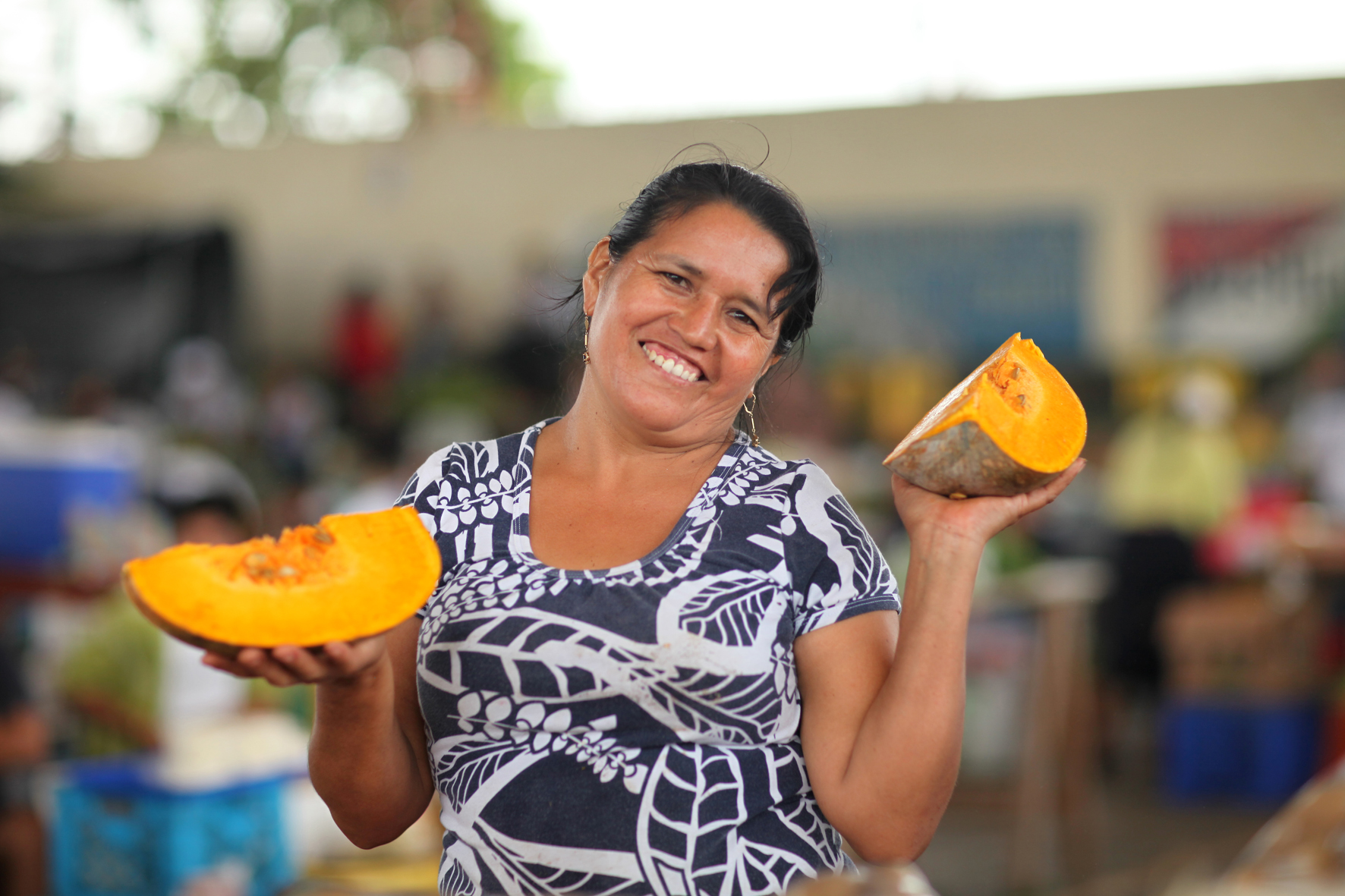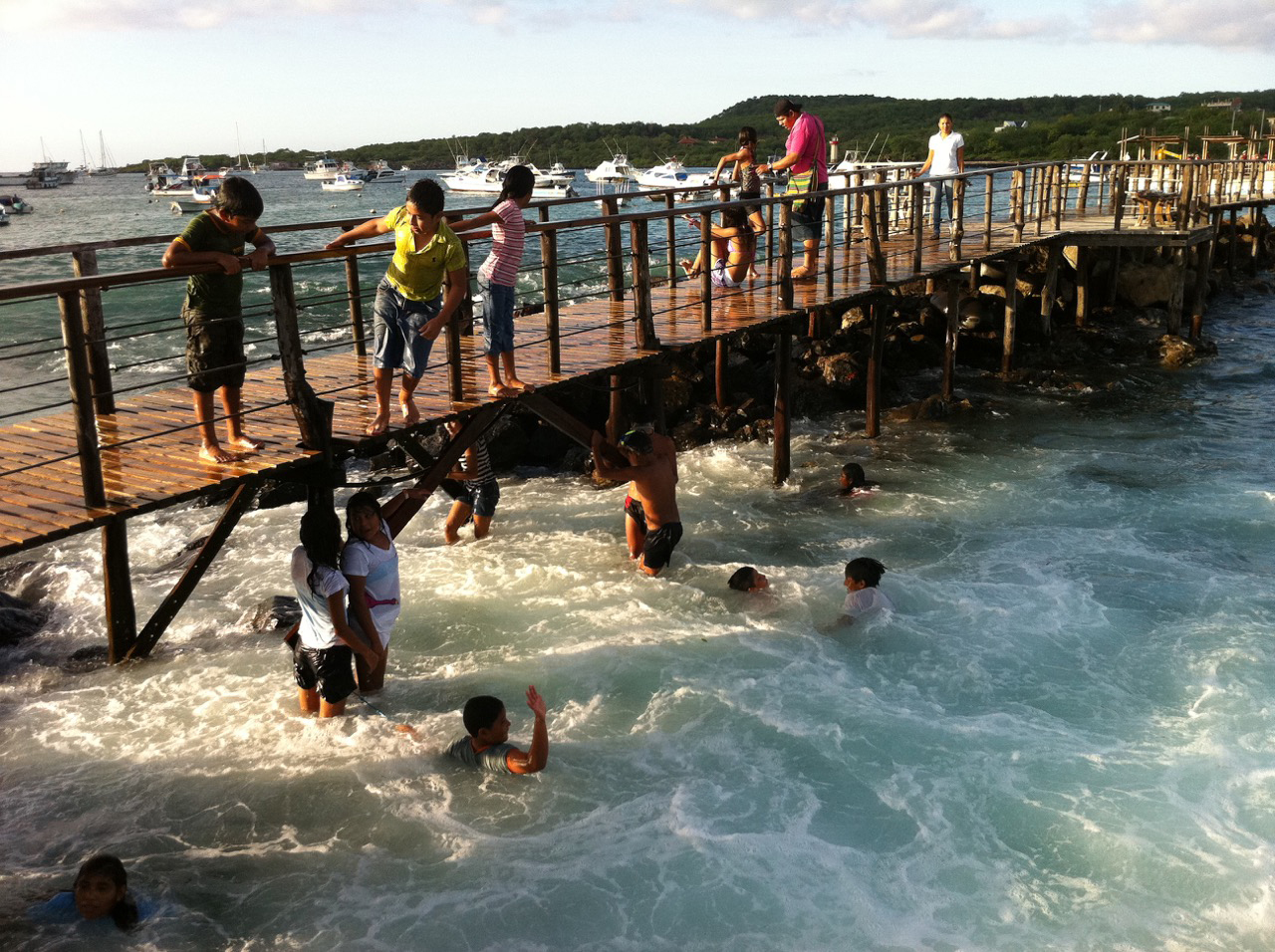
For the human inhabitants of the Galapagos Islands, a World Heritage Site and famous muse of one Charles Darwin, living in harmony with their unique plant and animal neighbors is of utmost importance. One of the biggest obstacles to the conservation of their priceless ecosystem is a dependency on imported foods. Heavy reliance on imported food is both a financial burden on low-income populations and one of the main sources of invasive species that can harm the ecosystem.
In order to address this pressing problem, a collaboration is in the works between the residents of the Galapagos Islands, Conservation International, the Ministry of Agriculture, Livestock, Aquaculture and Fisheries (MAGAP), and Heifer International.

An initial two-day workshop held in early July included farmers, artisan fishermen and researchers, along with representatives of the Chamber of Tourism, the Cultural Center, the parish board and three government institutions including the Ministry of Agriculture, the Ministry of Health and the Ministry of Social Inclusion. This forum provided the opportunity for the organizations involved to share their expertise in food systems, agroecology and environmental care in order to jointly create a solution to the problem of food in this wildlife sanctuary.
Following the initial workshop, a prototype program will be created and tested by participants for three months. Based on the findings from this research, the program will be re-evaluated, tweaked if necessary and move forward from there. We’re thrilled to be exploring solutions to this important issue and committed to finding a system that originates with the residents of the Galapagos Islands and results in both a better standard of living and a better conserved ecosystem.
Header photo: By David Adam Kess (Own work) [CC BY-SA 3.0 (http://creativecommons.org/licenses/by-sa/3.0)], via Wikimedia Commons